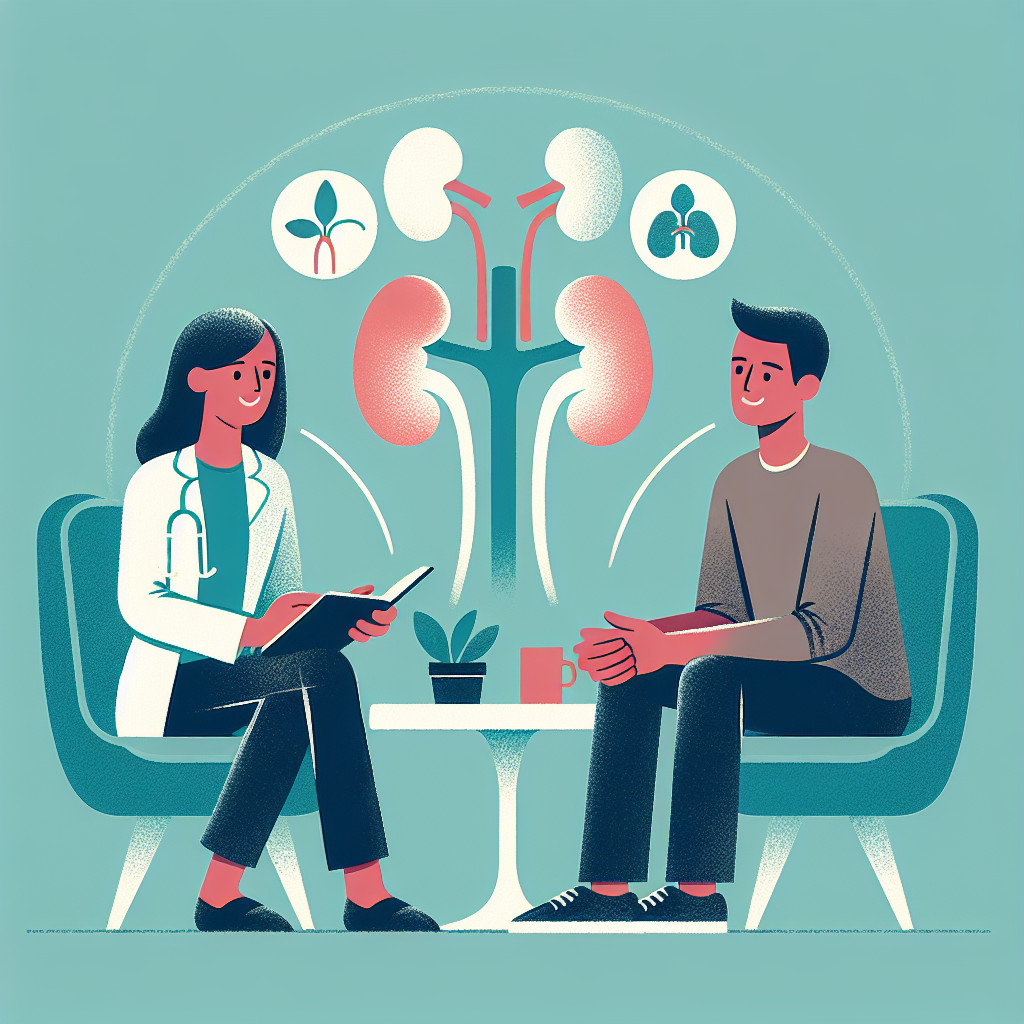Heart Surgery Vs. Lifestyle Changes: What’s More Effective?

Overview
When it comes to heart health, people often find themselves weighing the options between heart surgery and lifestyle changes. Understanding the basics can help in making informed decisions. Heart surgery typically addresses specific issues like blocked arteries or damaged valves. It can be life-saving and may provide immediate relief from symptoms. On the other hand, lifestyle changes—like eating healthier, exercising regularly, and quitting smoking—aim to improve overall heart health and can prevent problems from arising in the first place.
Both approaches have their benefits and limitations. Heart surgery often offers a quick fix, especially for serious conditions. However, it comes with risks, including complications from the procedure itself and a longer recovery time. Some people worry about the pain and the time it takes to get back to everyday activities. Lifestyle changes, while generally safer and less invasive, require consistent commitment. They often take longer to show results and can be challenging to maintain, especially in a world filled with temptations.
Common concerns people have often revolve around the effectiveness of these options. Many wonder if they can avoid surgery by simply changing their lifestyle. While lifestyle changes can significantly improve heart health, they may not be enough for everyone. Some conditions are severe and require surgical intervention. It’s essential to consult with a healthcare professional to understand which option might be best for individual circumstances. They can provide insight into the specific heart issues at play and guide the decision-making process.
Recovery from heart surgery can vary widely. Some people bounce back quickly, while others may need weeks or even months to feel like themselves again. During this time, it’s crucial to have a support system in place. Simple daily activities like walking can become a part of recovery, but they should be approached with caution. After surgery, a clinician often provides guidelines on what can be safely attempted. Those who opt for lifestyle changes can also experience a journey of recovery, although it’s generally less about physical healing and more about behavioral adjustments. It might involve slowly incorporating new habits into daily life, which can be rewarding but requires patience.
Cost considerations can also weigh heavily in the decision-making process. Heart surgery can be expensive, with costs varying based on the complexity of the procedure and insurance coverage. Hospital stays, follow-up appointments, and potential complications can add to the financial burden. Lifestyle changes, in contrast, often have a lower upfront cost. Eating healthier might mean spending more on fresh produce, but it can also lead to savings in medical bills down the line. Understanding what’s covered by insurance and what out-of-pocket expenses might look like is an important step for anyone considering surgery.
Many people have common questions about both options. A frequent concern is whether lifestyle changes can replace the need for surgery. While adopting healthier habits can significantly improve heart health, it may not eliminate the need for surgery in some cases. Another common question is how long recovery from surgery typically takes. While it varies, many people start to feel better within a few weeks, although full recovery might take several months. Others might wonder if lifestyle changes are effective for everyone. Generally, they can benefit nearly anyone, but the extent of improvement can depend on individual health conditions.
Another aspect to consider is the emotional impact of these choices. Facing the possibility of heart surgery can be daunting, and the thought of making significant lifestyle changes can feel overwhelming. It’s normal to have fears and doubts. Having open conversations with healthcare providers and loved ones can help ease concerns. Many find that sharing experiences with others who have faced similar challenges can provide comfort and motivation. Support groups or community programs focused on heart health can also be beneficial.
As you weigh these options, remember that there’s no one-size-fits-all answer. What works best will depend on numerous factors, including your overall health, the specific heart issues at hand, and your personal preferences. Engaging actively in conversations with healthcare providers is essential. They can help clarify the risks and benefits of each option, making it easier to navigate this complex terrain.
Ultimately, whether considering heart surgery or opting for lifestyle changes, the key is to stay informed and proactive about heart health. Each journey will be unique, and understanding the available options can help you make choices that align with your health goals. Listening to your body, seeking professional advice, and remaining committed to your well-being are all vital components of maintaining a healthy heart.